The Autobiography of Miss Jane Pittman de Ernest J Gaines
Extraits
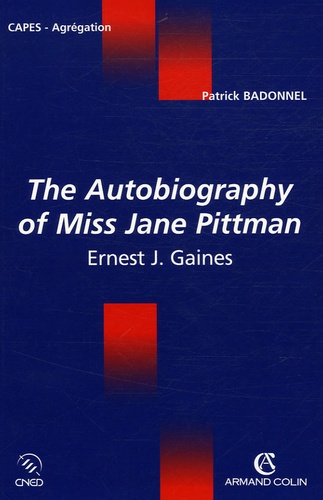
Anglais apprentissage
The Autobiography of Miss Jane Pittman de Ernest J Gaines
10/2005
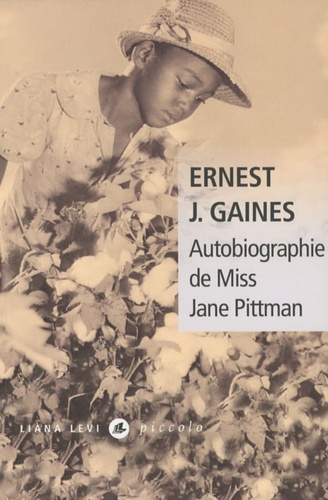
Poches Littérature internation
Autobiographie de Miss Jane Pittman
02/2010
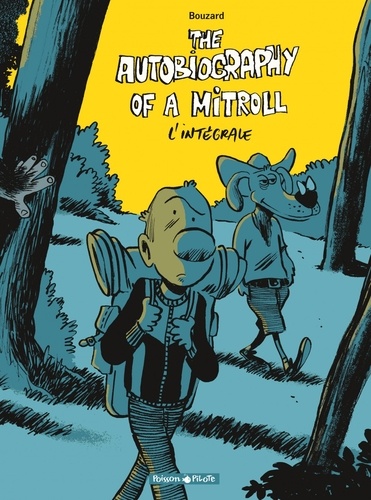
BD tout public
The Autobiography of a Mitroll L'intégrale
10/2017
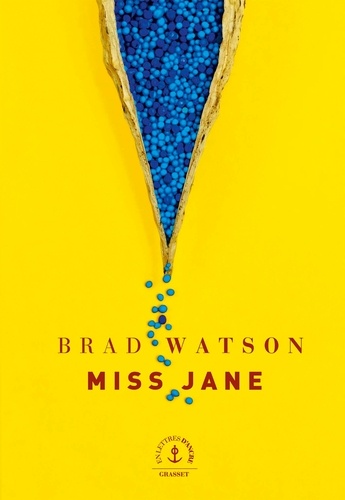
Littérature étrangère
Miss Jane
09/2018
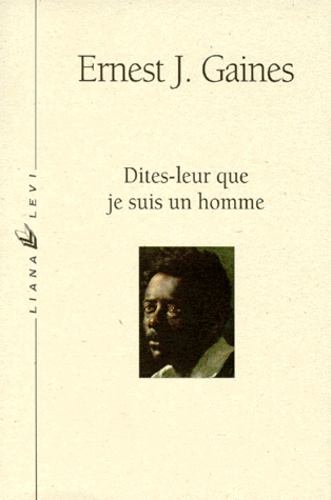
Littérature étrangère
Dites-leur que je suis un homme
02/1998
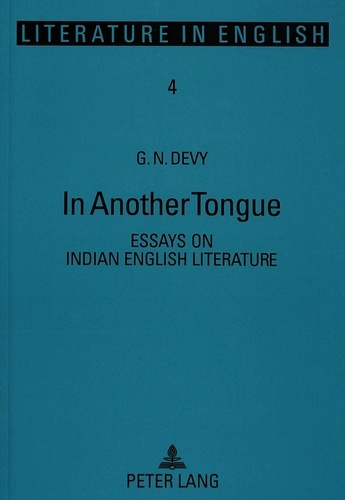
Non classé
In Another Tongue
06/1993
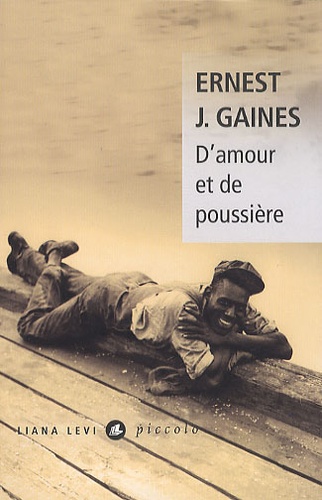
Poches Littérature internation
D'amour et de poussière
03/2010
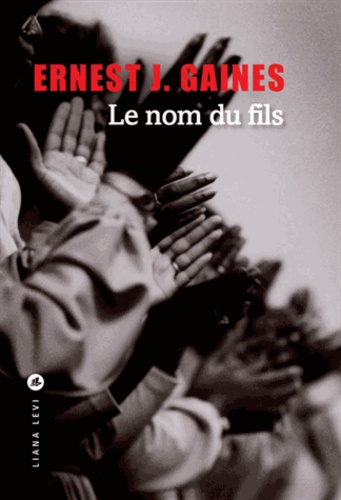
Littérature étrangère
Le nom du fils
05/2013
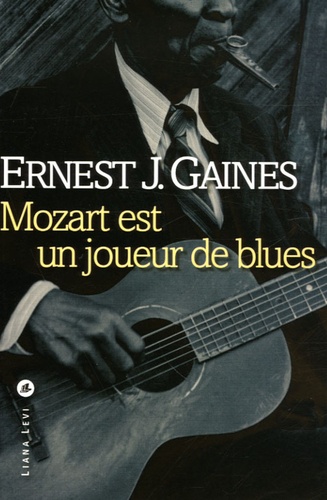
Littérature étrangère
Mozart est un joueur de blues
02/2006
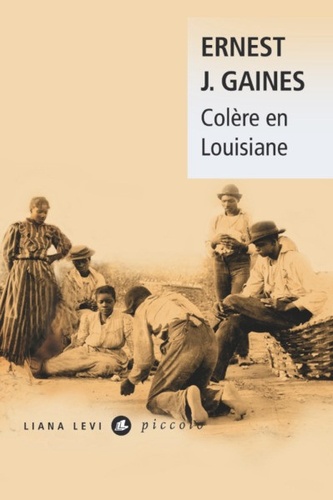
Poches Littérature internation
Colère en Louisiane
05/2019
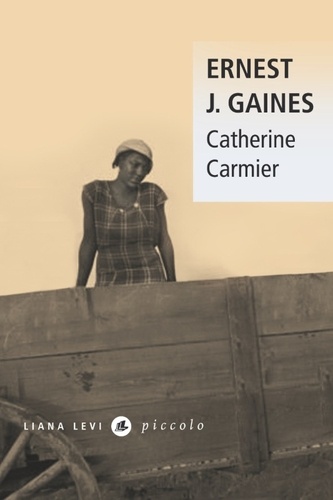
Poches Littérature internation
Catherine Carmier
03/2020
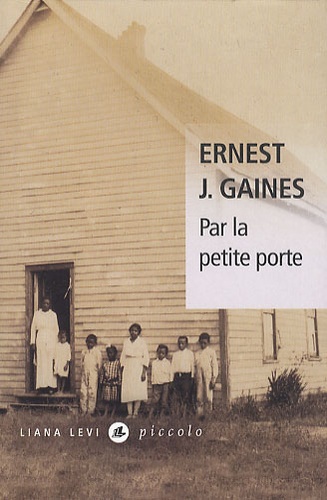
Poches Littérature internation
Par la petite porte
04/2010
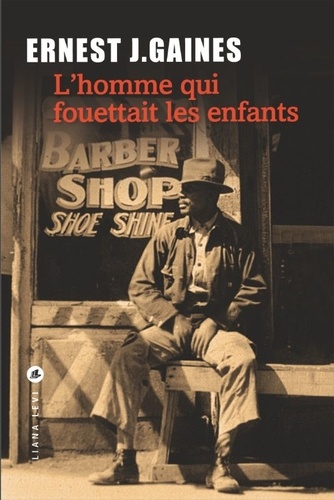
Littérature étrangère
L'homme qui fouettait les enfants
11/2016
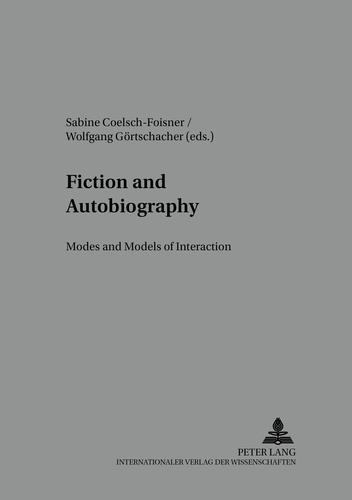
Histoire internationale
Fiction and Autobiography
04/2006
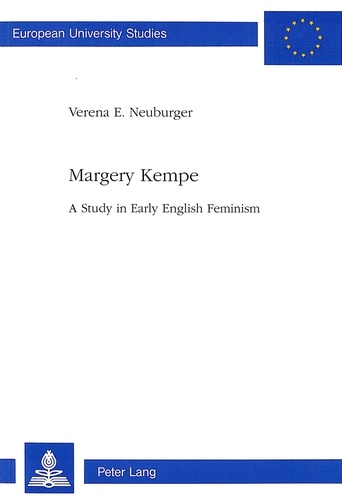
Non classé
Margery Kempe
07/1994
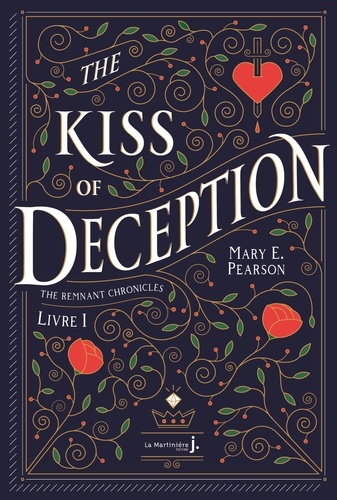
Mondes fantastiques
The Remnant Chronicles Tome 1 : The Kiss of Deception
09/2021

Non classé
Autobiography: Self Into Form
12/1983

Pâtes, riz, céréales
Succulentes céréales. Graines saines, cuisine gourmande
04/2021

Non classé
Languages of Exile
10/2013
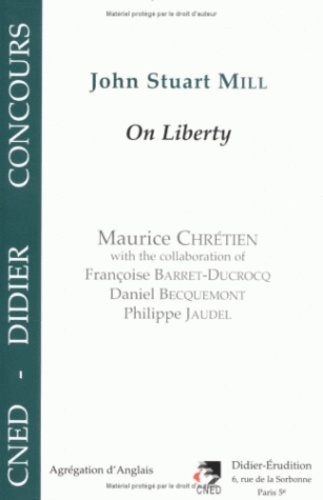
Anglais apprentissage
"On liberty" by John Stuart Mill
07/1997
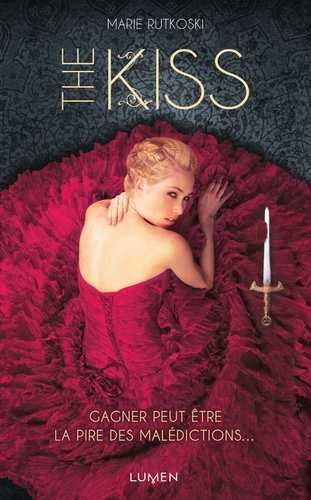
12 ans et +
The Kiss
03/2018

Monographies
Hilma af Klint. The Five Notebook 1
01/2022
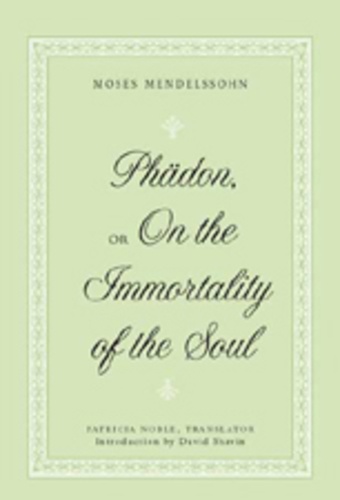
Philosophie
«Phädon», or «On the Immortality of the Soul»
12/2006
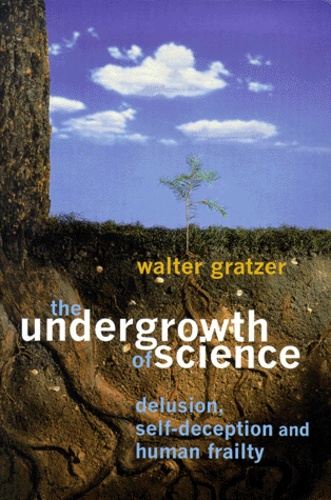
Histoire et Philosophiesophie
The Undergrowth of Science. Delusion, self-deception and human frailty
01/2000
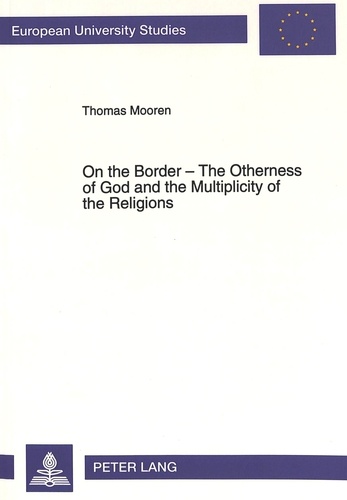
Histoire internationale
On the Border - The Otherness of God and the Multiplicity of the Religions
01/1994

Sciences politiques
The Structure of Political Communication in the United Kingdom, the United States and the Federal Republic of Germany
11/1987
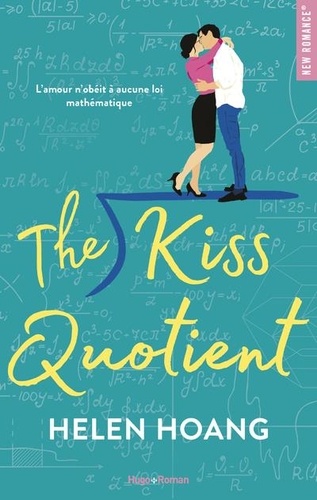
Littérature érotique et sentim
The Kiss Quotient
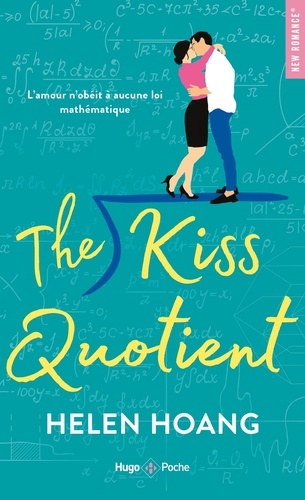
Roman d'amour, roman sentiment
The kiss quotient
02/2023
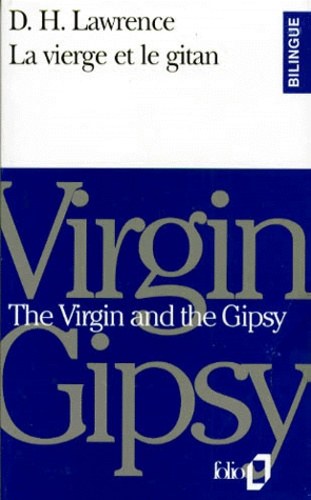
Anglais apprentissage
LA VIERGE ET LE GITAN : THE VIRGIN AND THE GIPSY
02/1993
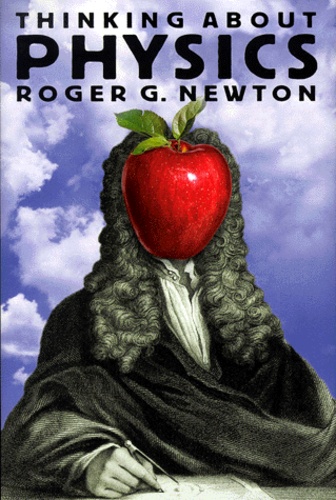
Histoire et Philosophiesophie
Thinking about Physics
01/2000


